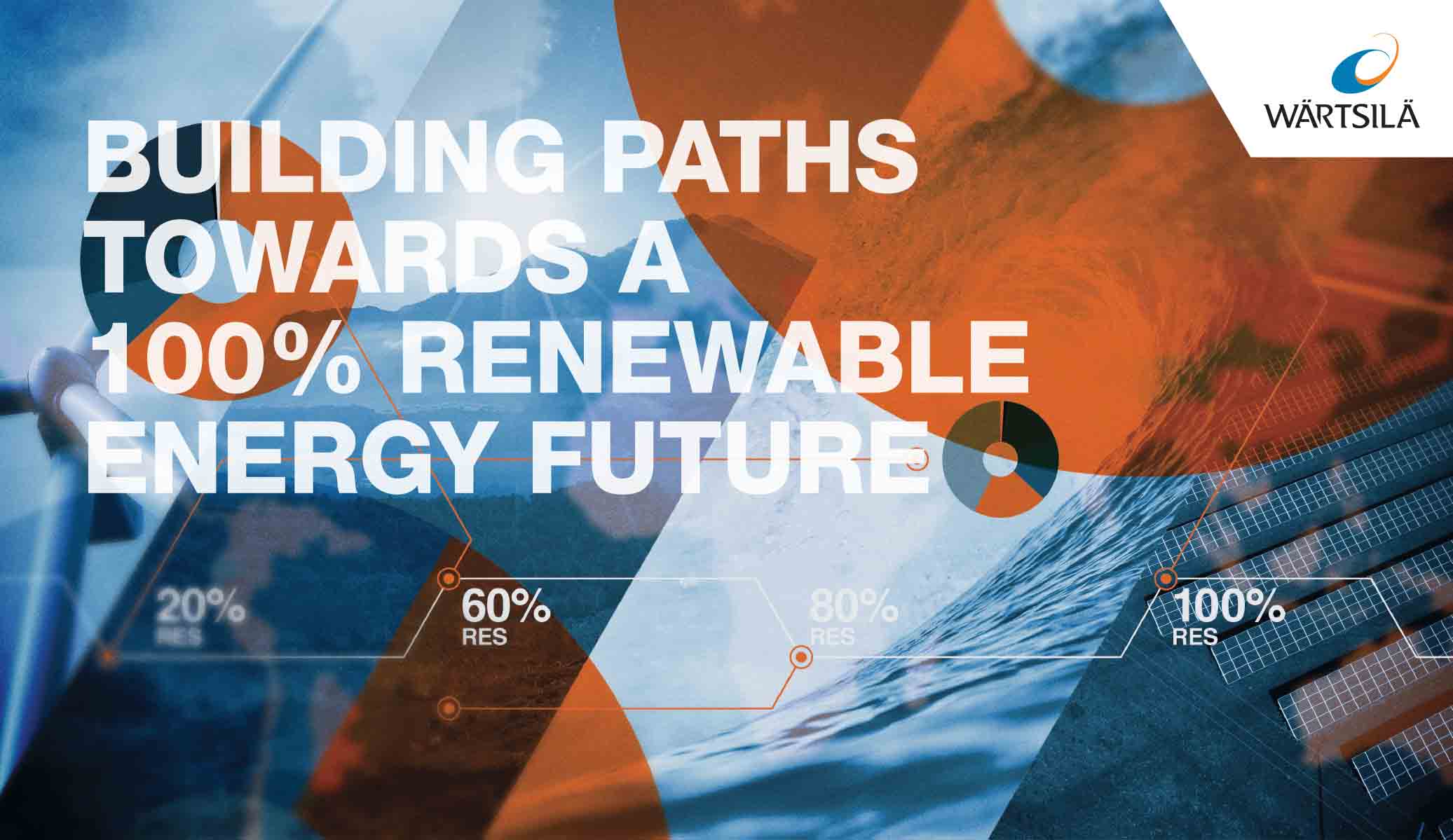- The technology group Wärtsilä has signed a contract with EDF Renewables UK and Ireland to deliver a new grid-scale energy storage facility in Sundon, Bedfordshire, UK.
- The 50 MW / 100 MWh project, which will form part of a new Energy Superhub in the region, will help to support the transition to a decarbonised electricity system and accelerate the UK’s net zero future.
The new 50 MW / 100 MWh lithium-ion storage facility in Sundon can store enough electricity to power 100,000 homes for two hours1, and it will support electric vehicle (EV) charging and the electrification of public transport. The project will enable increased renewable energy integration and intermittency management, in addition to strengthening the resiliency of the electricity system, automatically charging and discharging to balance supply and demand.
Matthew Boulton, Director of Storage and Private Wire at EDF Renewables, said: “There is no renewable future without a smart, flexible energy grid. That is why we are working with local councils to accelerate the rollout of Energy Superhubs, helping to unleash the potential of renewable energy and enable local people to reap the benefits of net zero through better access to low-carbon transport. We know the challenge ahead of us – we need more renewable energy and energy storage to back it up. Our storage facility in Sundon marks a key milestone for the UK as we lay the foundation for net zero.”
Wärtsilä has provided its propriety GridSolv Quantum system and GEMS Digital Energy Platform, in addition to the power conversion system and commissioning for the project. GEMS provides the data and insights to instruct trading parties and performance for comprehensive asset management. The energy storage technology will enable balancing services for the UK grid, including electricity market trading and frequency response, with the capability to support local consumers such as EV charging stations during grid outages.
Jens Norrgård, Energy Business Director, Europe, at Wärtsilä Energy, said: “This contract strengthens Wärtsilä and EDF Renewables’ partnership, and demonstrates our joint commitment to supporting the UK’s decarbonisation efforts. Net zero power systems can unlock significant reductions in emissions and cost, and the UK is pioneering this transition with world-leading renewable energy targets. Wärtsilä’s energy storage technology is an important part of the mosaic of flexible capacity needed to balance renewable energy. Alongside our other projects, Sundon is delivering on our global ambition to create clean power systems.”
Wärtsilä’s installed energy storage technology base in the UK now exceeds 424 MWh. The prior projects with EDF Renewables (formerly Pivot Power) in Oxford and Kemsley in Kent were delivered in 2021, and two projects in Birmingham and Coventry are currently under construction. Wärtsilä has also delivered a number of other energy storage projects in the UK, including a 50 MW / 100 MWh project first site for SSE in Salisbury, and an islanded-grid project to balance renewables in Lerwick, on the Shetland Islands.
1Assumes full two-hour discharge of 50MW and average annual domestic consumption of 3772kWh.
Author: Bryan Groenendaal

















